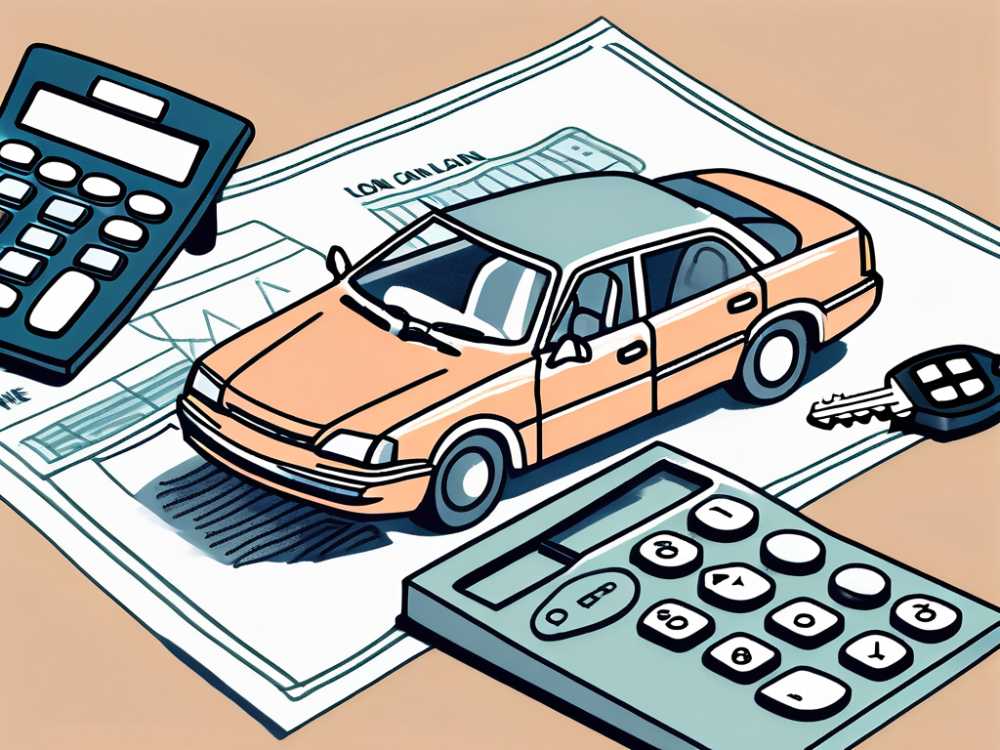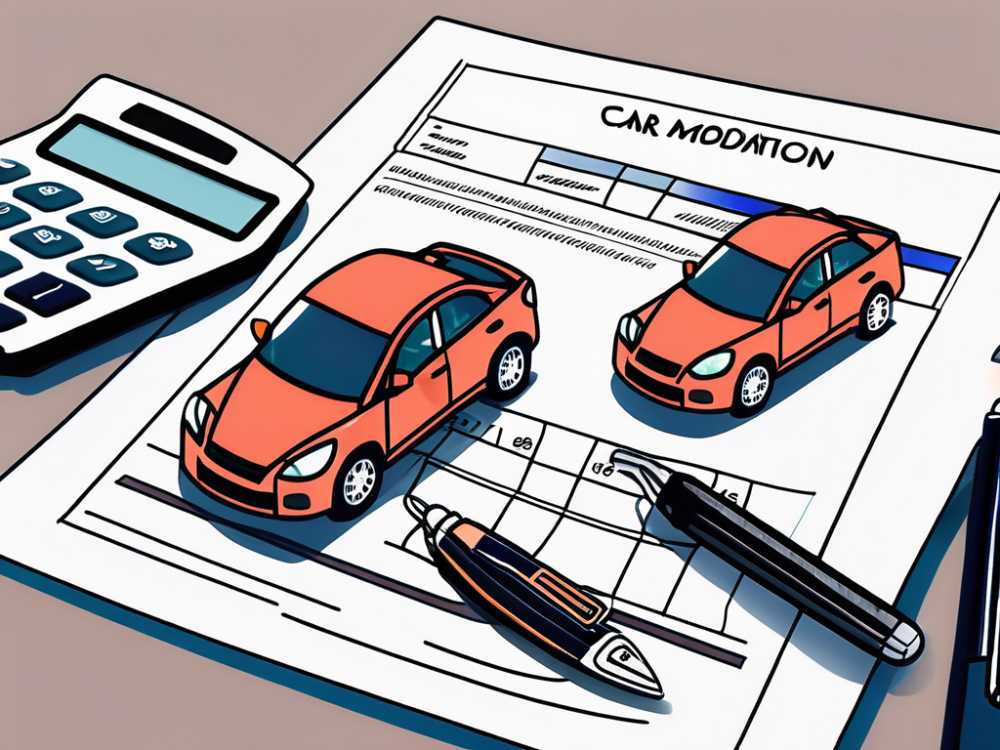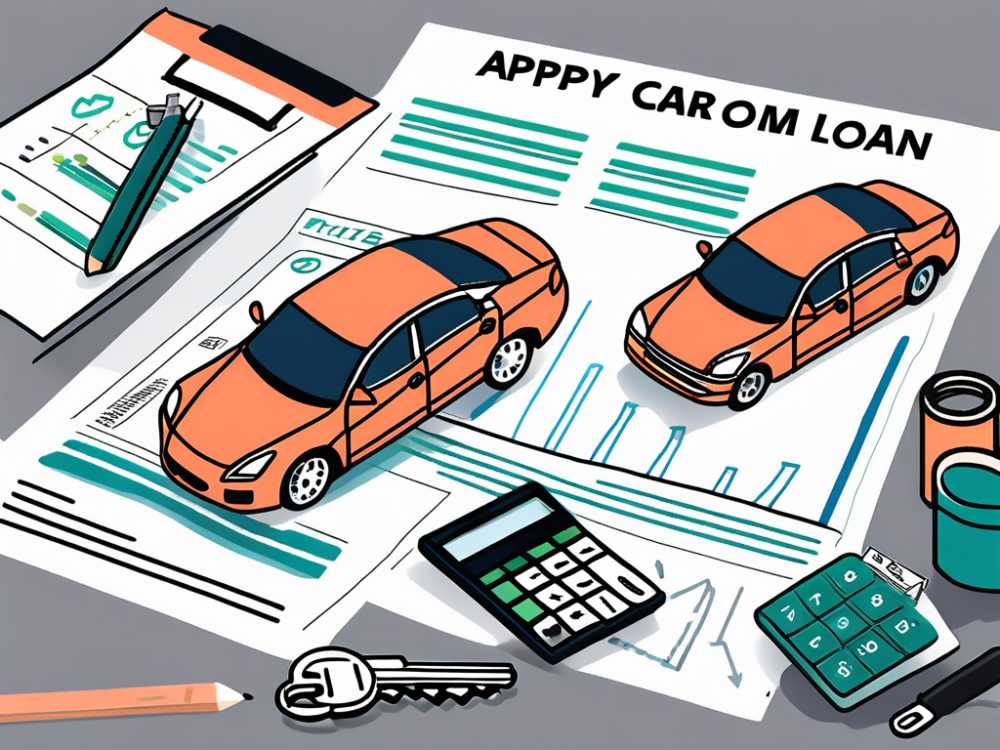In today's financial landscape, many individuals may find themselves struggling to maintain the monthly payments on their car loans. Economic fluctuations, job losses, or unexpected expenses can put a strain on finances, making it difficult to keep up with contractual obligations. Fortunately, car loan modification offers a viable solution for those facing such challenges. In this article, we’ll explore what car loan modification is, the eligibility criteria, the application process, and the potential outcomes of modifying your car loan.
Understanding Car Loan Modification
Car loan modification refers to the process of changing the terms of an existing auto loan to make it more manageable for the borrower. This could include lowering the interest rate, extending the loan duration, or adjusting the monthly payment amount. The goal of a modification is to alleviate financial burden while preventing foreclosure or repossession.
Unlike refinancing, which involves taking out a new loan to pay off the old one, a car loan modification alters the existing agreement directly with the lender. It’s designed as a solution for borrowers who are struggling but want to keep their vehicle. Understanding this distinction is crucial for borrowers considering their options.
What is a Car Loan Modification?
A car loan modification is a formal change to the terms of your auto loan that is meant to provide financial relief. It usually arises from a situation where a borrower can no longer meet their monthly payment obligations. By modifying the loan, the lender can help keep the borrower in their vehicle while also ensuring continued payment over time.
The modification can take various forms, such as reduced monthly payments, a lower interest rate, or an extended loan term. Each situation is unique, and the specifics will depend on both the borrower’s financial situation and the lender's policies. Additionally, borrowers may need to provide documentation of their financial hardship, such as pay stubs or bank statements, to support their request for modification.
Benefits of Car Loan Modification
The primary benefit of a car loan modification is alleviating financial stress. By adjusting the terms of your loan, you can create a payment structure that fits within your budget. This can lead to several potential advantages including:
- Reduced monthly payments, allowing you to allocate funds elsewhere.
- Lower interest rates, resulting in overall savings.
- Improved credit standing, as maintaining payments helps avoid repossession.
Moreover, keeping your vehicle not only makes commuting more manageable but also maintains your means of income if your car is necessary for work. In some cases, a car loan modification can also open doors to better budgeting practices, enabling borrowers to save for emergencies or other financial goals.
Furthermore, engaging in a car loan modification can foster a more positive relationship with your lender. By proactively addressing your financial difficulties and seeking a solution, you may find that lenders are more willing to work with you. This can lead to a more personalized approach to your loan management.
Eligibility Criteria for Car Loan Modification
While the option for a car loan modification exists, it’s essential to understand the criteria that determine whether you qualify. Lenders typically assess each request on a case-by-case basis, evaluating various factors including your financial condition, loan status, and the value of the vehicle. Below we review key eligibility criteria.
Financial Hardship Requirements
A critical factor in qualifying for a car loan modification is demonstration of financial hardship. This can include scenarios such as medical emergencies, unemployment, or other significant life changes that adversely affect your income. Lenders look for evidence that these circumstances make your current loan payments unsustainable.
Documentation of hardship can be vital, such as invoices for medical bills, termination letters from employers, or any legal documents indicating financial distress. The clearer your situation, the easier it is for lenders to justify the request for modification.
Loan Status and History
Your current loan status will significantly influence your eligibility for a modification. Generally, lenders prefer to modify loans that are currently in good standing or have had a history of timely payments. If you are already significantly behind on payments, you may face additional hurdles.
Additionally, your past relationship with the lender matters; a history of responsible borrowing may work in your favor. If you’ve maintained a good track record with your payments despite recent difficulties, this demonstrates that you are a responsible borrower.
Vehicle Value Considerations
The current market value of your vehicle can also play a role in determining your eligibility for a modification. Lenders typically evaluate whether the vehicle is worth enough to warrant continued financing. If your car has significantly depreciated in value, lenders may feel less inclined to modify your loan.
It is advisable to obtain an updated valuation of your vehicle to understand its current worth. This can also provide context for negotiations with your lender.
Steps to Apply for a Car Loan Modification
If you believe you qualify for a car loan modification, the process to apply is relatively straightforward but involves several critical steps. Following the correct procedures can improve your chances of receiving a favorable outcome.
Contacting Your Lender
The first step is to reach out to your lender directly. Be clear and honest about your financial situation and express your desire for a loan modification. Most lenders have specific departments dedicated to handling such requests, so be sure to establish contact with the right team.
Prepare to discuss the reasons for your financial difficulties, your current loan terms, and what modifications you are seeking.
Preparing Necessary Documentation
A crucial component of your application will be the documentation you provide. This may include:
- Proof of income (like pay stubs or tax returns)
- Bank statements
- Evidence of financial hardship (bills, termination letters)
- Current loan statements
Properly organized documentation will not only expedite the process but will also lend credibility to your application.
Submitting Your Application
Once you have compiled the required information and discussed your needs with your lender, the next step is to submit your application. This may be done via online forms, mail, or in person, depending on the lender's preferred method. Always ensure that you keep copies of everything you send or submit.
After submission, be patient as the lender processes your request. This can take anywhere from a few days to several weeks, depending on the complexity of your case.
Potential Outcomes of a Car Loan Modification
Understanding the possible outcomes of your application will help you set realistic expectations. While each case is unique, there are several common outcomes that borrowers may experience after applying for a modification.
Reduced Monthly Payments
A common result of a successful car loan modification is lower monthly payments. This can provide you with immediate financial relief, allowing you to allocate funds to other essential areas of your budget. A reduction in payment can be achieved through lowered interest rates or extended loan terms.
Extended Loan Terms
Another frequent outcome is extended loan terms, which can help to decrease the monthly financial burden. By extending the loan period, you can spread payments over a longer period, reducing the amount due each month.
Lower Interest Rates
In some cases, lenders may agree to lower the interest rates on your car loan. This can result in substantial savings and make the total loan amount more manageable.
In conclusion, qualifying for a car loan modification requires understanding the process, assessing your financial situation, and ensuring you meet eligibility criteria. By following the proper steps and maintaining communication with your lender, you can potentially alleviate financial stress and retain ownership of your vehicle.






